
Ki Tavo: Trusting in Hashem
Rebbe Nachman of Breslev teaches that we are all capable of attaining the blessing of an ample livelihood without breaking our backs...

"And blessed you are in the field" (Devarim 28:3).
The simple interpretation of the above passage is that one is truly blessed when he receives his livelihood for an entire year by way of minimal effort in the field. Contrastingly, Adam was cursed after he sinned and ate from the Tree of Knowledge. Hashem told him (Breshit 4:17-19), "Cursed is the soil because of you; through suffering you shall eat of it all the days of your life … thorns and thistles it shall sprout … by the sweat of your brow you shall eat bread!" Since the Torah calls severe toil a curse, then we can certainly conclude that the opposite – "eating our bread" through minimal effort – is the Torah's blessing.
Rebbe Nachman of Breslev teaches that we are all capable of attaining the blessing of an ample livelihood without breaking our backs from sunup until sundown. On the contrary, Rebbe Nachman suggests that we heed the Torah's advice and spend minimal time and effort trying to make money. At this point, most people raise a skeptic brow and argue, "If I don't put in a solid day's work, my family will starve! Even at ten hours a day, I'm not making enough to make ends meet!" Such a reaction is the perpetuation of the curse, "By the sweat of your brow you shall eat…"
True, one can't decide to stop work and to go fishing or play golf all day and expect to see an outright miracle of money falling out of the sky and into his hand. Rebbe Nachman lists four conditions that one must meet in order to merit the Torah's blessing of ample livelihood with minimal effort. They are:
1. Trust in Hashem: By trusting in Hashem, and not in one's own efforts, a person creates a suitable spiritual vessel for Divine abundance so that he receives his livelihood at all times, whenever the need arises (Likutei Etzot, Bitachon, 2).
2. Torah and Prayer: One shouldn't let the worry about making a living confuse or bother him, rather he should invest his time in Torah and in prayer (Likutei Etzot, Bitachon, 4).
3. Tikkun HaBrit, or Guarding the Holy Covenant: Lewdness and licentiousness damage one's livelihood; the opposite, holiness, assures an ample livelihood with minimal effort (Likutei Etzot, Mamon, 2).
4. Sufficiency: By making do with what one has, one invokes further Divine abundance (Likutei Etzot, Mamon, 27).
The Yerushalmi Talmud (Peah 35a) tells the story of Rebbe Yochanan Ben Nuri, who'd go out to the field once a year after the harvest, after all the poor people would glean the leftover wheat grains. Notwithstanding, he'd collect enough grain to eat all year long.
Rebbe Yochanan Ben Nuri spent his entire life in Torah and prayer. He trusted that Hashem would give him his livelihood with minimal effort – less than a day's work for the entire year – because he used all his energies in the service of Hashem, and not for pointless pastimes. Rebbe Yochanan avoided looking at women, so he gleaned in the field only after everyone else had left. He sufficed with bread and water, thereby exemplifying all four of Rebbe Nachman's above-mentioned conditions for the blessing of livelihood with minimal effort.
For those who are still skeptical of how Hashem provides for those who cling to Him, here is a true story that I witnessed first-hand several months before the outbreak of the Lebanon War in Tammuz of 5766:
On a balmy Jerusalem Thursday evening, after putting their five small children to sleep, Rabbi "Benjamin" sat down to a modest supper of day-old bread, a cucumber, and a cup of tea with his devoted wife. The tear that glistened in her eye alarmed him; had he inadvertently caused her pain?
"Dear husband," she said softly, "I hate to complain and to burden you, but there's nothing in the house for Shabbat. I don't even have a kilogram of flour to bake challot with, much less wine, fish, or a piece of chicken. What am I supposed to do?"
Rabbi Benjamin knew that this was a serious test of faith. His evil inclination told him to delay his Thursday night routine of chevruta (learning with a partner), midnight lamentations, mikva, hitbodedut (personal prayer) at the Western Wall followed by "Netz", sunup prayers; "Go do something to make some money for Shabbat!" chided the voice of the evil inclination in his head. He shook off the bothersome thought and made a strong commitment to cling to his regular task of "serving the King." With perfect confidence, he told his faithful partner in life, "Don't worry, Hashem will certainly provide for us in time for Shabbat!"
That night, a wealthy lawyer in faraway Haifa had a terrible nightmare; he saw a Katyusha rocket crash through the wall of his bedroom and explode in his bed, ripping him to lifeless shreds…
The lawyer awoke in a trembling cold sweat and immediately phoned a well-known Haifa rabbi. He related the nightmare to the rabbi and asked what to do. The rabbi said that the dream must be taken in utter seriousness, and that the lawyer must fast all day Friday. The lawyer answered that it was impossible for him to fast. The rabbi said that the lawyer could redeem the fast with a contribution to charity, namely, to a worthy Torah scholar.
"I don't know a worthy Torah scholar or how to find one," replied the lawyer. "Do you, rabbi?"
"Yes I do; in fact, in another hour, I'll be going to Jerusalem to pray at the Wall. Give me a generous donation, and I'll be sure a worthy Torah scholar receives it." The lawyer sent the rabbi 400 shekels, and the rabbi left Haifa in his beat-up Subaru and headed for the Holy City of Jerusalem.
Once a month, the rabbi from Haifa would arrive at the Wall three hours before sunrise and recite the entire Sefer Tehillim (Book of Psalms) before the Shacharit prayer at sunup. He approached the holy Kotel, kissed it, and began reciting tehillim. Only a handful of people were at the Wall; not far away, the rabbi saw a fervent young man of about thirty having a tearful conversation with Hashem. He couldn't help overhearing…
"…Hashem, you know that I left everything behind to devote my life to You. I gave up medical school for Yeshiva; people taunted and humiliated me because I made teshuva. Beloved Father in Heaven, I don't ask for the easy route, and I don't want riches. But You commanded us to honor the Sabbath. How can I do that with an empty table? You commanded me to learn Torah day and night. How can I do that with a hungry family? Please, Heilige Tatty, Holy Father, hear my prayers. Shabbat is in another 14 hours; I know I deserve nothing, but please help strengthen my emuna and send me the wherewithal to honor the Shabbat with my family…" At this point, the young man couldn't speak anymore, for his throat was choked with sobbing while the tears streamed down his face.
The rabbi from Haifa marveled at Hashem's unfathomable Divine Providence: A mere three hours ago, Hashem sent a nightmare to a wealthy lawyer, right before the Haifa rabbi makes his monthly pilgrimage to the Kotel in Jerusalem, so that the rabbi can give 400 shekels to a worthy Torah scholar who "just happens" to be crying his eyes out at the Kotel. Mind-boggling!
With a silent prayer of thanks both for the privilege of serving as Hashem's messenger and seeing such a remarkable revelation of Divine Providence, the rabbi walked over to the young Torah scholar and handed him the 400 shekels, sharing with him the account of the lawyer's nightmare. With an overwhelming sense of gratitude, the young man profusely blessed the rabbi and the lawyer.
Needless to say, everyone had a joyous and wonderful Shabbat…
Three months later, a deadly Fajr 3 missile crashed through the lawyer's bedroom wall in his luxury apartment on Mount Carmel, and exploded in his bed; only he wasn't there. Fortunately, he and his family had decided to spend the night with relatives in Hertzilya. As our sages promised, charity certainly does save a person from death.
As we see time and again, Rebbe Nachman's teachings are not simply lofty theoretical ideas for parlor discussions – they are absolute Torah truths and guidelines for living our lives. By virtue of implementing the tzaddik's advice, all of Klal Yisroel will surely live lives of spiritual and material abundance. Amen.



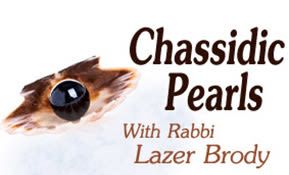
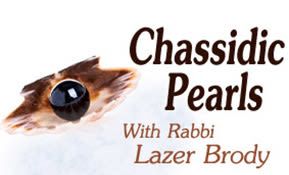
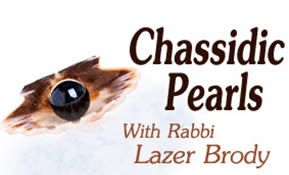



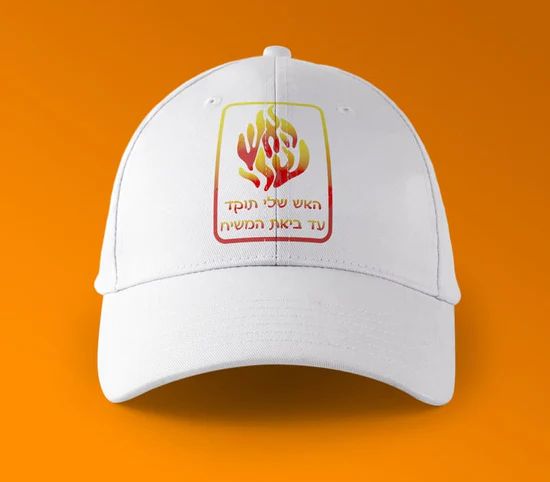

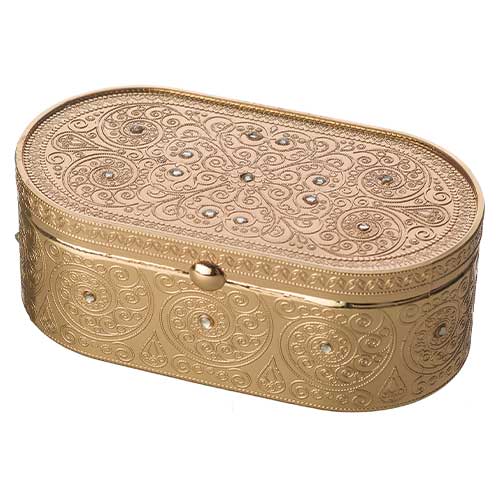
Tell us what you think!
Thank you for your comment!
It will be published after approval by the Editor.